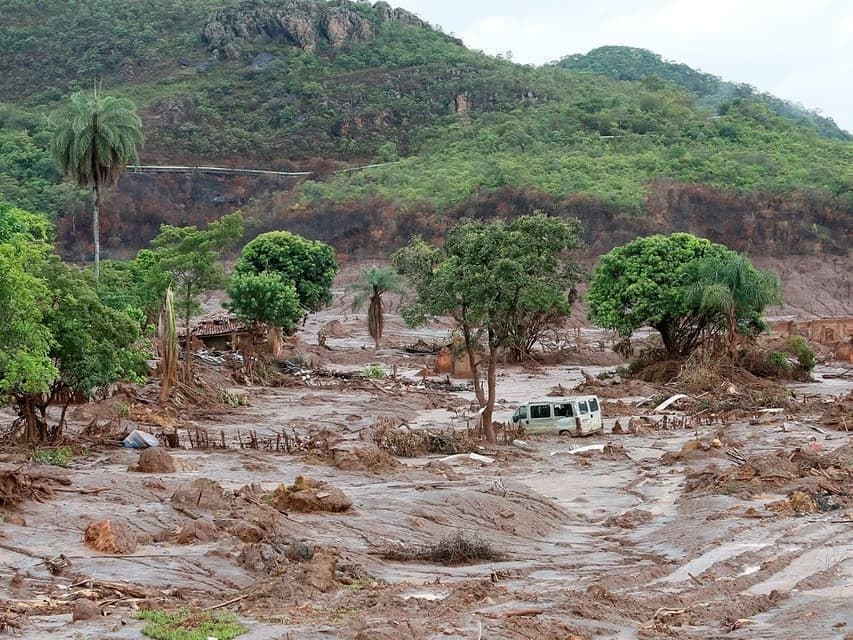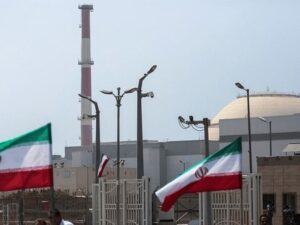
A significant ruling by the High Court has determined that the mining company BHP is liable for the catastrophic failure of the Fundao dam, which led to Brazil’s worst environmental disaster. The decision, delivered on October 2, 2023, addresses both environmental law and the Brazilian civil code, highlighting the severe consequences of the incident that occurred on November 5, 2015.
The Fundao dam, operated by Samarco, a joint venture equally owned by BHP and its competitor Vale, collapsed, releasing a torrent of toxic red sludge. This disaster obliterated the village of Bento Rodrigues, resulting in the tragic deaths of 19 individuals and causing extensive environmental damage to the surrounding areas.
In the wake of the dam failure, thousands of residents were displaced, and the local ecosystem suffered irreparable harm. The ruling signifies a pivotal moment, as it holds BHP accountable for its role in the disaster, marking a crucial step for environmental justice in Brazil.
The High Court’s ruling has significant implications for corporate accountability in environmental matters. It underscores the necessity for companies to adhere to strict environmental regulations and to take responsibility for their operations. Legal experts suggest that this case could set a precedent for future litigation concerning corporate negligence in environmental disasters.
Following the dam’s collapse, both BHP and Vale faced severe criticism for their management practices. Investigations revealed that the companies had failed to implement adequate safety measures to prevent such a disaster. The ruling reinforces the need for greater oversight within the mining industry, particularly regarding infrastructure safety.
Despite the ruling, BHP has expressed its intention to appeal the decision, arguing that it has already invested substantial resources into remediation efforts and compensating affected communities. The company has stated that it remains committed to addressing the consequences of the tragedy and improving its operational standards.
As the legal proceedings continue, the focus remains on the affected communities and the long-term impact of the disaster. Many residents of Bento Rodrigues are still grappling with the aftermath, and the ruling may provide them with a sense of justice, as well as the potential for further compensation.
The ruling by the High Court is a significant moment in the ongoing struggle for environmental accountability. It highlights the critical need for companies to prioritize safety and environmental protection in their operations. The case serves as a reminder that corporate actions have profound and lasting effects on communities and ecosystems alike.






